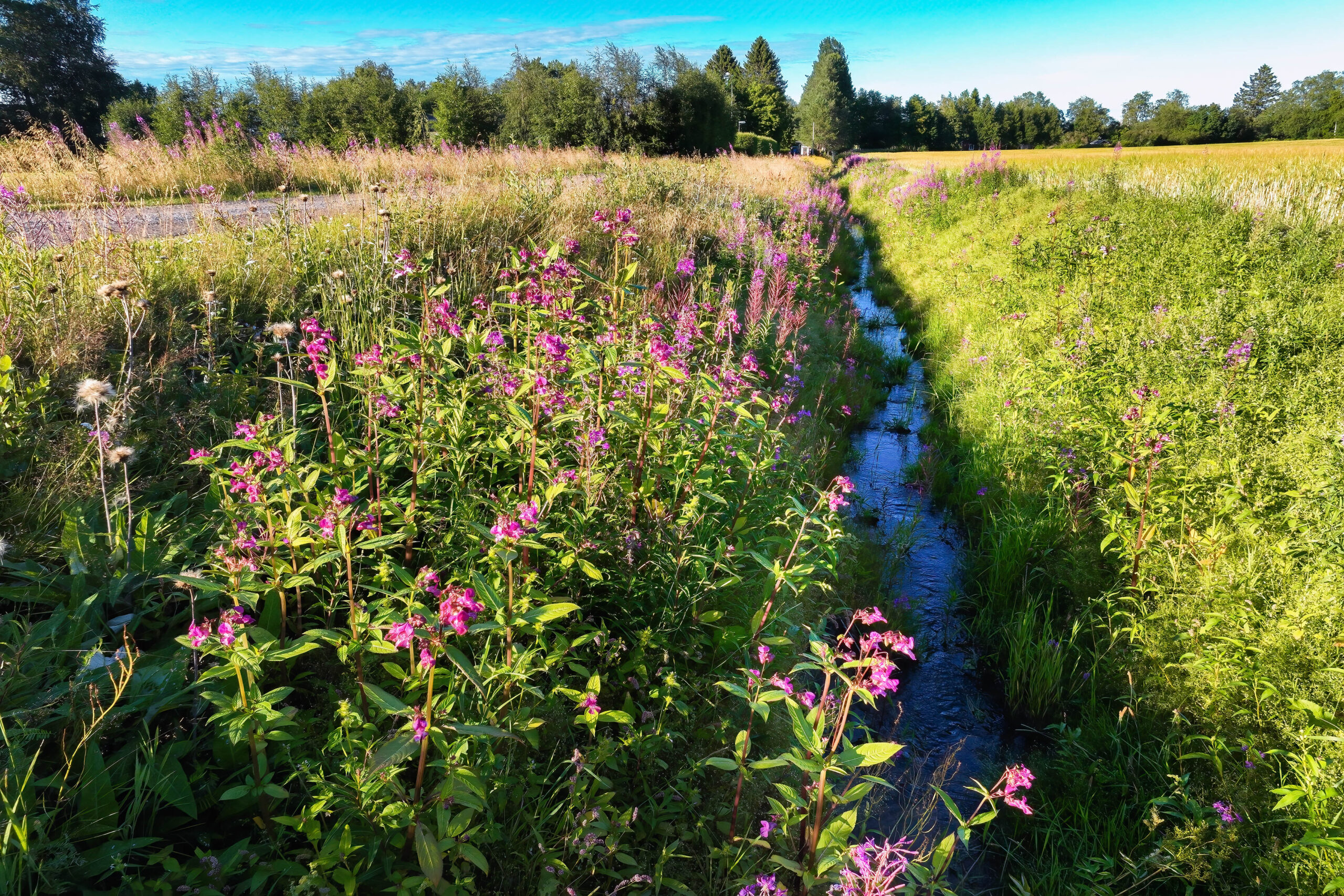Question
„Invasiv Planze sinn eng Gefor fir eisen Ökosystem, well se déi regional Aartendiversitéit a Fro stellen a Liewensraim veränneren. Studie weisen, datt dës Planzen sech kënne wärend Joerzéngten onopfälleg verhalen, ma dann awer bannent kuerzer Zäit zu engem Risiko ginn, sech massiv verbreeden a grousse Schued uriichten. Et sinn awer net nëmme Planzen, déi een invasive Charakter hunn, mä och Déieren aus aneren Deeler vun der Welt sinn amgaang sech an eise Géigende breet ze maachen. Dobäi spillt d’Verlagerung vun de Klimazonen duerch d’Klimakris eng wesentlech Roll.
An deem Zesummenhang wollte mer dem Här Minister fir Ëmwelt, Klima a Biodiversitéit follgend Froe stellen:
1. Wat fir eng Planze ginn hei zu Lëtzebuerg als “invasiv” agestuuft? Wat fir eng sinn déi aggressiivst an a wat fir enge Regioune vum Land verbreeden si sech am séiersten? Wat fir invasiv Planze stellen eng Gefor fir déi mënschlech Gesondheet duer?
2. Wat fir eng Déieren- an Insektenzorte ginn hei zu Lëtzebuerg als “invasiv” agestuuft? Wat fir eng falen am meeschten op an a wat fir enge Regioune vum Land verbreeden si sech am meeschten? Wat fir invasiv Déieren an Insekte sinn e Risiko fir déi mënschlech Gesondheet?
3. Gëtt am Ëmweltministère un enger Strategie geschafft fir d’Verbreedung vun dësen invasiven Déieren, Insekten a Planzen, wa méiglech, anzedämmen?“






